JLR is expanding its paint operations with a £65m ($80m) investment, meeting soaring demand for bespoke vehicle finishes while cutting energy and water use at key sites in the UK and Slovakia.
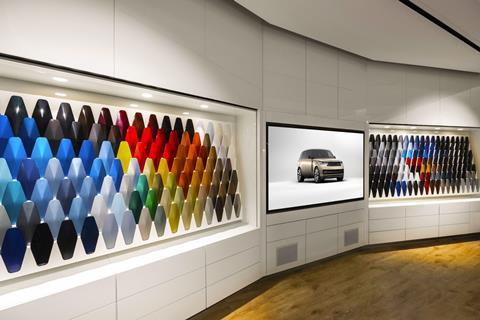
”Paint shops account for approximately 80% of JLR’s operational emissions, making them a critical target for efficiency gains”
JLR is making a decisive investment in its luxury paint operations, injecting £65m ($80m) into its facilities in Castle Bromwich, UK, and Nitra, Slovakia. The move will more than double its bespoke colour capacity, catering to the rising demand for personalised finishes, while simultaneously reducing the carbon footprint of one of the industry’s most energy-intensive processes.
Demand for personalised colours has surged, with interest in JLR’s Bespoke Paint and elevated palette options more than doubling since the 2022 financial year. The company has also seen a parallel rise in demand for its most exclusive Range Rover SV models, prompting the need for expanded facilities to accommodate over 17,000 additional orders per year.
Cutting-edge paint tech at Castle Bromwich cutting waste by 30%
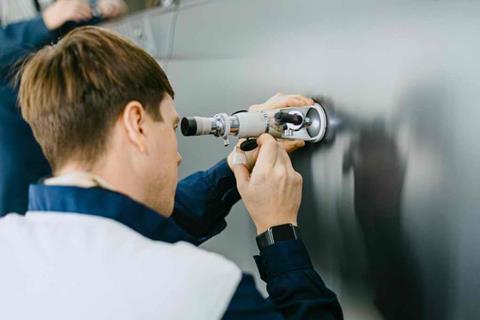
The Castle Bromwich plant will receive £41m ($50.5m) to establish a new home for JLR’s Special Vehicle Operations (SVO) paintwork. Of this, £26m ($32m) will go towards replacing existing paint booths with state-of-the-art facilities designed to improve efficiency and reduce environmental impact. These upgraded booths will integrate the latest energy-efficient technologies, alongside fully automated spray robots, cutting paint waste by 30% while ensuring precision and consistency in finishes.
The enhanced capacity will support the growing number of clients opting for JLR’s SV Bespoke Paint matching service, which enables buyers to customise their vehicle’s colour to match anything from a yacht to a private jet. On average, an SV Bespoke commission adds £70,000 ($86,000) to the £202,000 ($250,000) price tag of a Range Rover SV.
JLR’s Nitra expands with Slovakia’s first electric paint booth
Meanwhile, Nitra in Slovakia, where JLR produces the Defender and Discovery models, will see a £24m ($30,000) expansion that includes a new £10m ($12.3m) universal paint line. The facility will introduce JLR’s first fully electric paint booth and electric curing ovens, cutting emissions by approximately 500 tonnes of CO2e per year. This investment is a key step towards transitioning the plant away from gas reliance and shifting to renewable energy sources.
The new line, the first of its kind in Slovakia, will allow for an unlimited range of colour variations, making bespoke and elevated palette options available for the first time at the plant. This expansion is set to create 120 new jobs, with the first vehicles expected to roll off the upgraded line in 2026.
Read more automotive paint stories
- Volkswagen Mexico opens world’s 1st fully electric paintshop
- Is ABB Robotics’ new inkjet paint tech the future of automotive paintshop?
- Dürr builds an energy-efficient paintshop for Stellantis’ Kenitra plant
- Mahindra to pioneer ABB’s Inkjet paint tech in Indian EVs
JLR is also upgrading existing infrastructure to improve efficiency. A newly installed Smart Oven control system will detect inactivity and automatically shut down, reducing unnecessary energy consumption. Additionally, a heat exchanger is being introduced to recover heat from the paint shop’s flue gas, transferring it into the site’s heating and cooling water production. This initiative is expected to save 2,250 tonnes of CO2e annually, the equivalent of 2,200 barrels of oil, and cut operational costs by £750,000 ($927,000) per year.
“Paint shops are very energy intensive, accounting for around 80% of our operational emissions, so they represent our biggest opportunity”
- Andrea Debbane, Chief Sustainability Officer, JLR
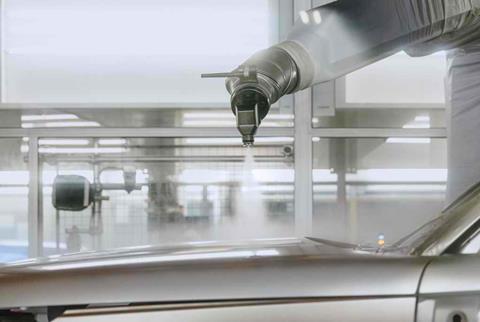
Sustainability is a key priority under JLR’s Reimagine strategy, with the company focused on addressing its most carbon-intensive processes. Paint shops account for approximately 80% of JLR’s operational emissions, making them a critical target for efficiency gains.
Andrea Debbane, Chief Sustainability Officer at JLR, highlights the significance of this initiative: “JLR is seeing a significant increase in clients wanting to personalise their vehicles, so we are preparing to expand our facilities and offer thousands more paint options across our brands, but doing so in the most sustainable and efficient way possible. Paint shops are very energy intensive, accounting for around 80% of our operational emissions, so they represent our biggest opportunity.
JLR’s investment reflects a broader trend in the luxury automotive market, where customisation is becoming a defining factor in high-end vehicle purchases”
“Our long history means we have facilities with different challenges, some are newer, some much older so we need to optimise where we can, whilst at the same time investing for the long-term so we can get where we need to be in ten, fifteen, twenty years’ time to reach our net zero goal.”
Jamal Hameedi, Director of SVO at JLR, underscores the luxury element of the investment: “SVO is all about offering our clients unparalleled performance, luxury and capability. That includes the most exclusive, high quality colour finishes available. Range Rover clients are increasingly choosing to tailor their vehicles with more exclusive Bespoke and elevated palette paints.
“By increasing our capacity we can satisfy the demand growth from our Range Rover clients and also expand this service for the first time to clients of our other Brands.”
JLR’s investment reflects a broader trend in the luxury automotive market, where customisation is becoming a defining factor in high-end vehicle purchases. By integrating sustainability with cutting-edge personalisation, JLR is seeking to position itself at the forefront of this shift. The carmaker’s strategy is trying to ensure that the growing demand for exclusivity does not come at the expense of its environmental ambitions.





























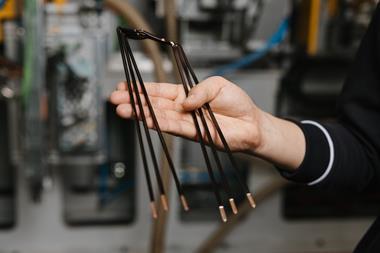
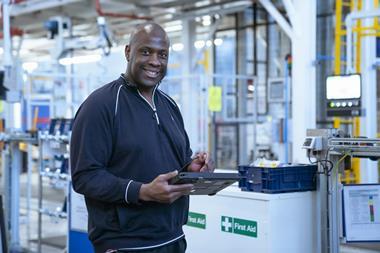

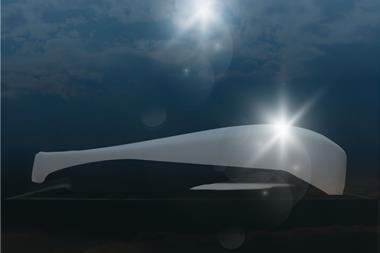

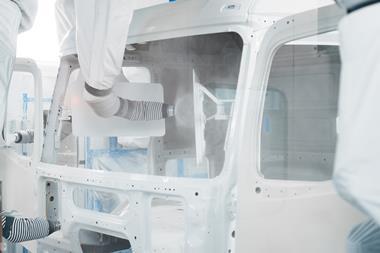



No comments yet